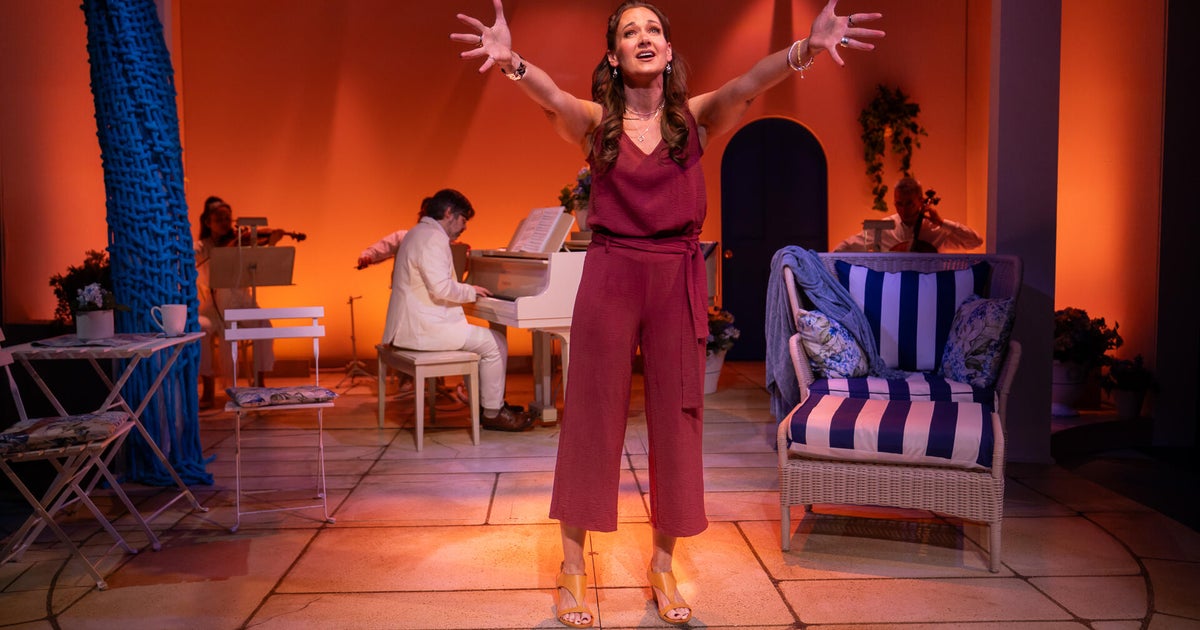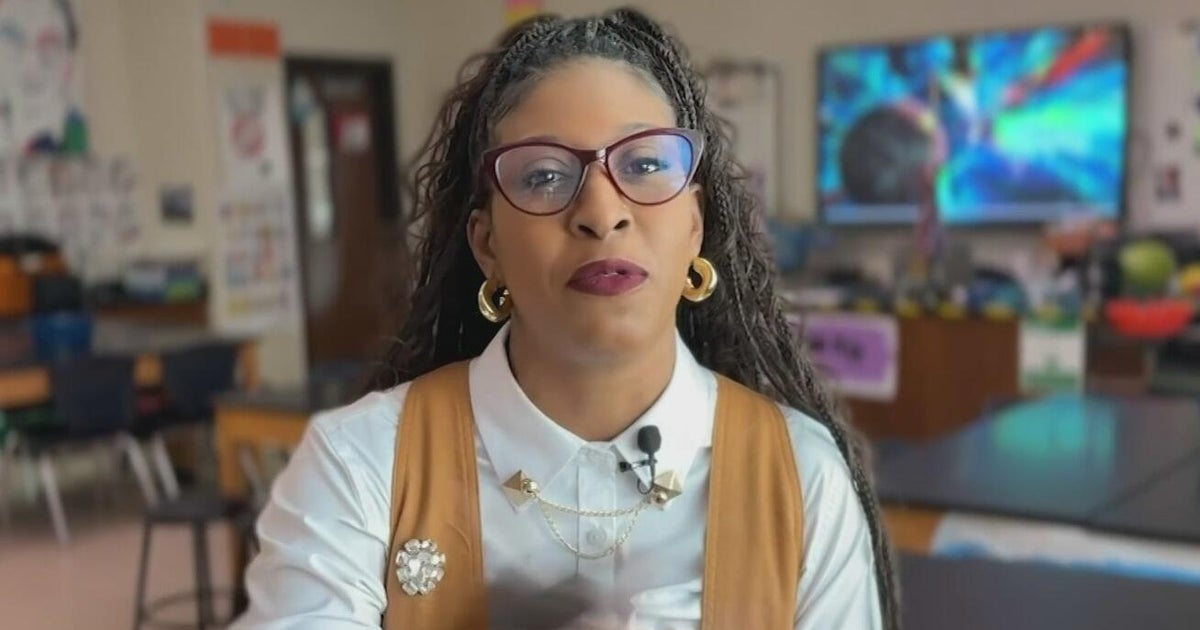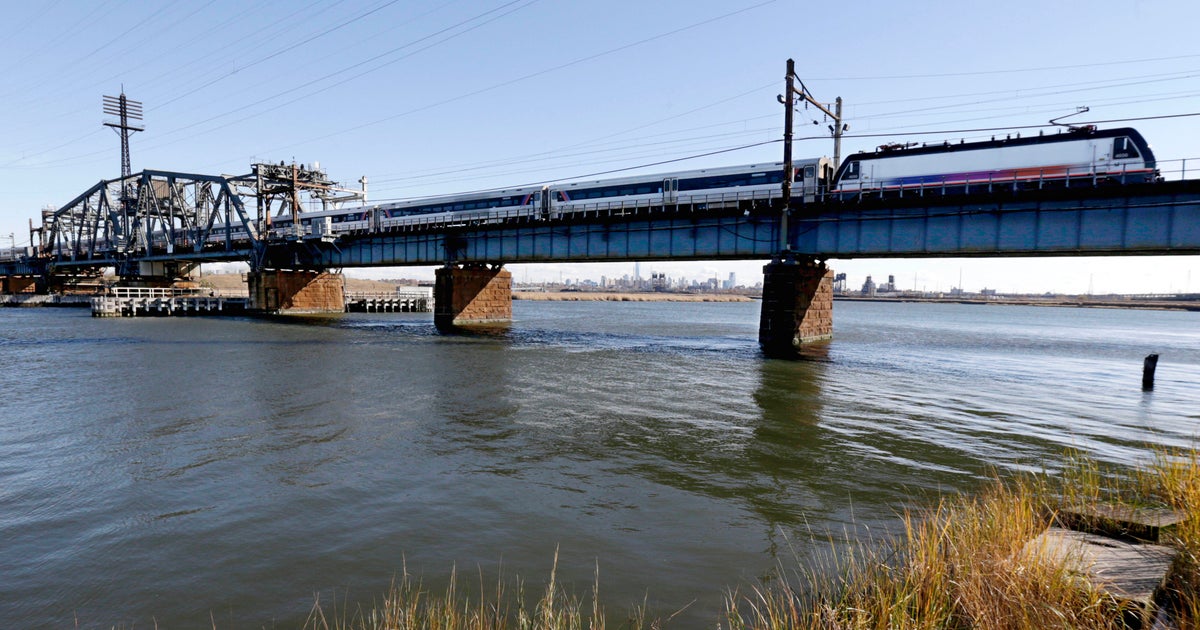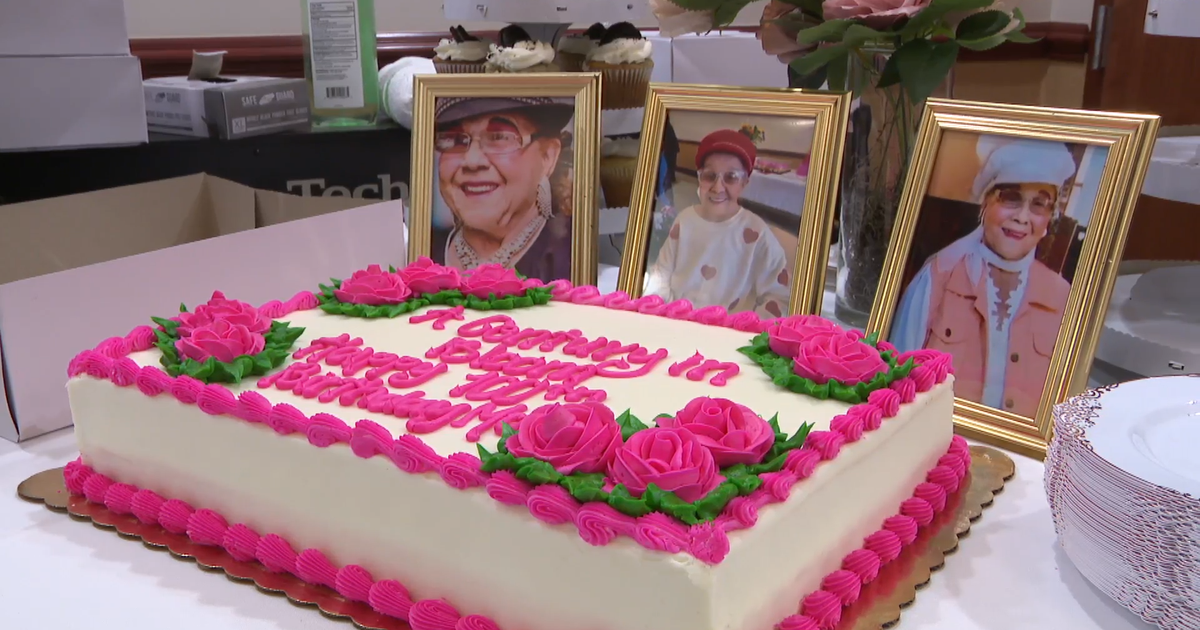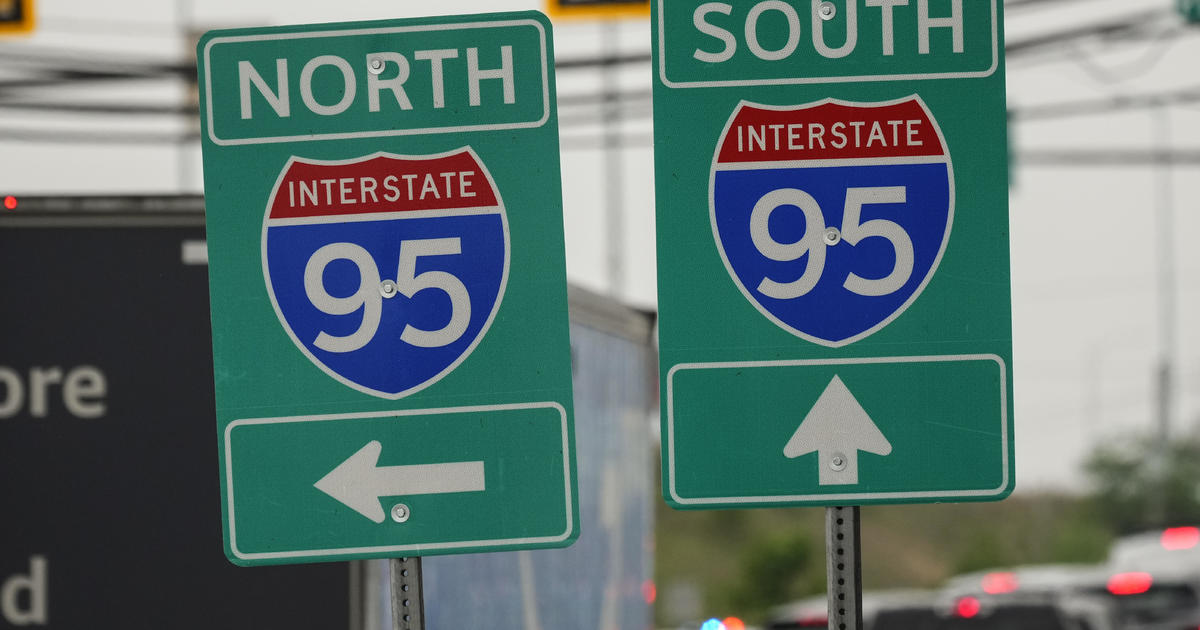First Openly Gay Episcopal Bishop Reflects On Tenure
BOSTON (CBS) - If the last nine years have taught Bishop Gene Robinson anything, it's the ironic lesson that with the most powerful job in the Episcopal Diocese of New Hampshire, comes a near total loss of control.
"For a long time I wanted to be the good bishop, not the gay bishop," Robinson explains. "But it's one of the things I don't have any control over."
The world outside of New Hampshire simply never stopped seeing Robinson as the first ever openly gay Episcopal bishop.
"When I leave New Hampshire, I'm the gay bishop," he says. "But in New Hampshire, I'm just the bishop."
That's the role from which the 65-year-old is retiring this month; his successor will be officially installed tomorrow morning.
"I look forward to the next chapter as a way of sort of saying, 'It's going to be OK'. There's life after retirement," he says.
But he leaves his Diocese very much changed. His election nine years ago was worldwide news. "The Anglican communion was supposed to explode apart the day that I was consecrated," remembers Robinson. "Well, that didn't happen."
What did happen, according to Robinson, was that the church as a whole became more tolerant of gays and lesbians. While he's glad to have seen it happen, Robinson says he never expected his sexuality to have remained such a defining feature of his tenure.
"You know, I thought this would be over in three to six months," he says. "I just thought it would all blow over. I had no idea it would become this international thing with the Anglican communion."
But international it was. Beloved in his home state, Robinson was actively ignored by many Episcopal bishops worldwide, who refused to speak to him or even be seen with him. It was a shunning that spanned his time as bishop. Though the average churchgoer would embrace Robinson, he says Episcopal leaders were not as kind. Many thought his open sexuality forced the church to move too quickly.
Still, Robinson thinks he is leaving the church in a better place than he found it. He ended up embracing his role as the "gay bishop" and learned to use it well.
"I would even say that the Episcopal Church has risked his life for its gay and lesbian, bisexual and transgender members," he says.
Robinson, too, risked his life. From day one he has been the target of constant death threats. The powerlessness he felt as a result of that danger, he says, reminded him that he was not really in control of his life.
"You're not in control over a death threat," he says. "If somebody wants to kill you, they're going to be able to. And you learn to rely on God for peace of mind in order to make it through the day."
Robinson and his husband are hopeful the death threats will subside as the bishop shifts into a slightly less public role. He's already accepted a part-time job at a Washington, D.C. think-tank, where he will be able to write and speak on a wide range of social issues.
The advice he plans to utilize as he enters retirement?
"Just keep putting one foot in front of the other and hope that you're going in the right direction. And when you figure out it's not, turn around."
